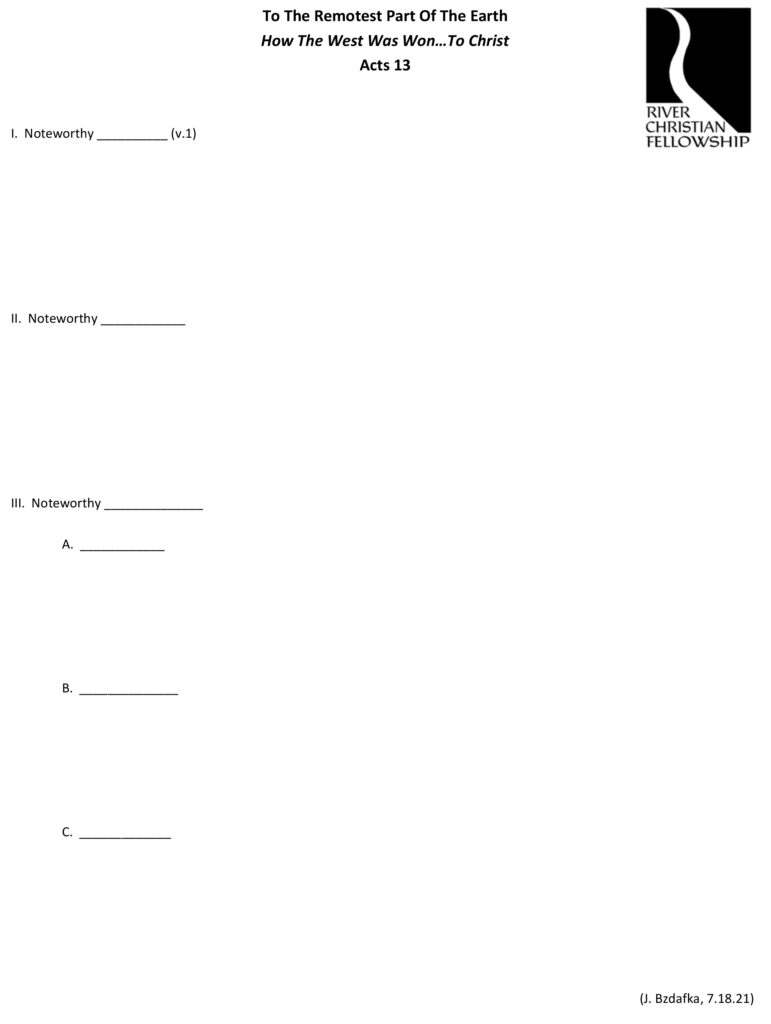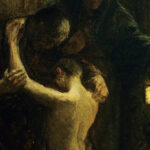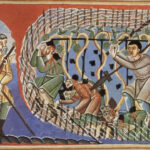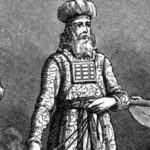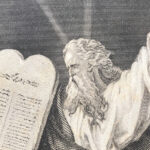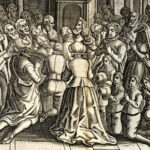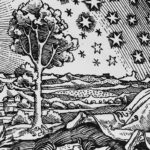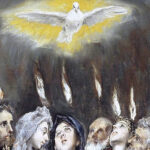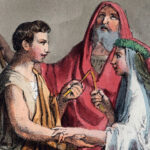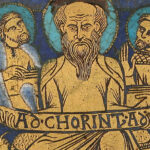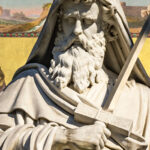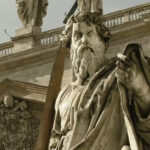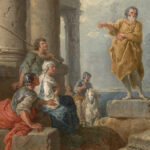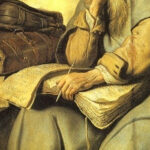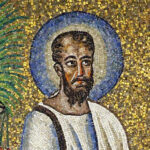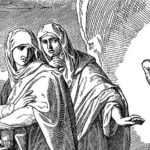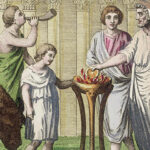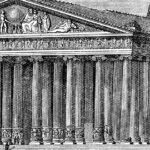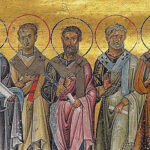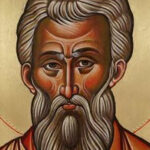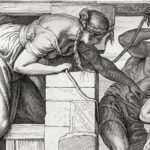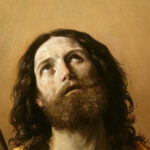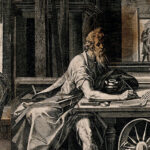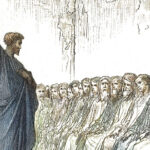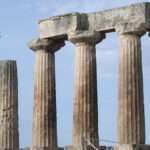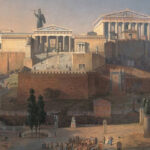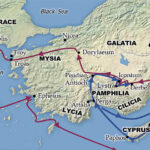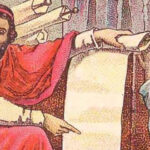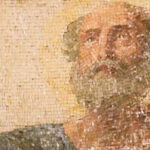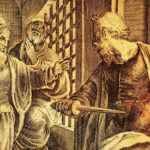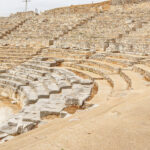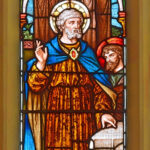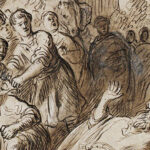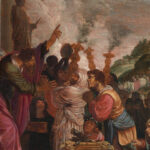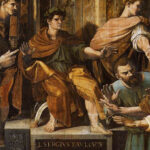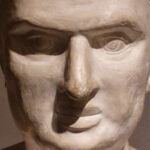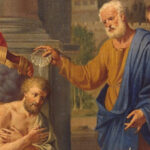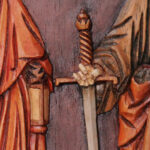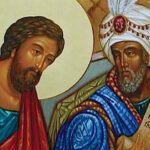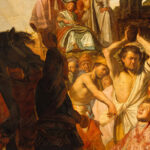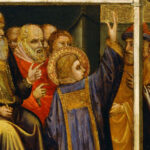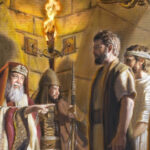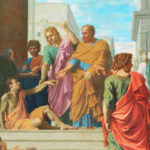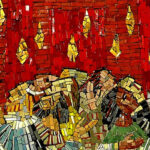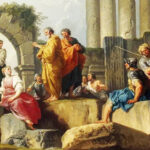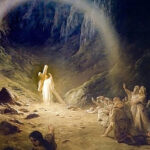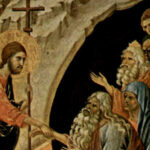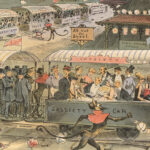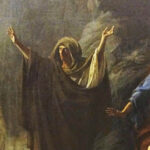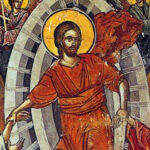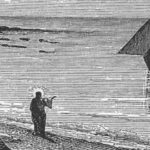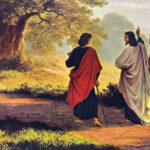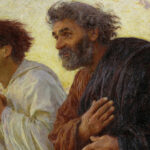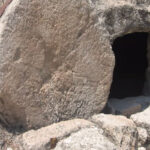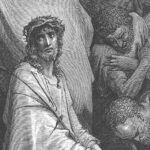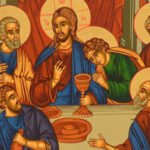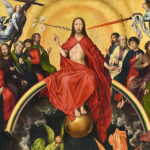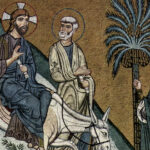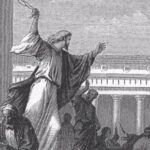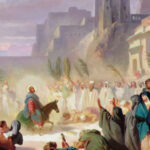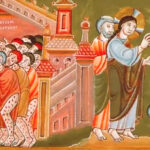WEBCAST –
Dear RCF Sisters and Brothers,
Certain seemingly small decisions made in the past impact the subsequent history of the entire world in immeasurable ways. Most decisions do not. Other previous decisions impact the lives and very existence of a much smaller segment of people. This concept is what historians and philosophers call “contingency”. The “Back to the Future” movies highlight this reality.
For example, when my (Jim’s) maternal grandmother, whose name was Connie, was in high school in Pittsburgh she had an aunt who lived in Cleveland. Her aunt had two small children. Her aunt’s husband died suddenly and my grandmother was sent from Pittsburgh to live with her aunt in Cleveland to help take care of her children. In Cleveland she met Joe whom she married. If Connie had not moved to Cleveland she would not have met and married Joe, who was my grandfather. Her decision to move to Cleveland was necessary for my very existence. Had I not been born you would not be reading this today.
Most decisions people make do not have such historic impact. It made no difference if my grandmother made her bed before leaving for Ohio. It made no difference if she traveled by car, bus, or train. It made no difference if she wore a hat while she traveled.
However, certain decisions alter a huge swath of subsequent human history. We see that in the text of Acts 13, which we will discuss on Sunday. A very few seemingly minor decisions made in the ancient city of Antioch in approximately 46 AD altered the direction and development of every corner of the earth. The two men selected for a task, where they went, and what they did created the history of the world we know today – including our country and lives. God’s hand sovereignly directs the flow of history, often through seeming minor decisions like those in today’s text.
Join us this Sunday morning as we continue in the theme To The Remotest Part of the Earth, and our Discussion Bible Study in the History of the Early Church. Please prepare by reading the entirety of Acts 13. This week we will examine and discuss Acts 13 with the title “How The West Was Won…To Christ”.
Attached is an outline (in two sizes) of the text we will be focussing upon this Sunday morning. Please print it ahead of time, as it will help you take part in the discussion. We will also have copies when we gather on Sunday morning.
Here is the Table Discussion Questions for Sunday:
Why did God choose Barnabas and Saul to be His first official Christian missionaries? When they were sent out do you think they had a preset plan or not? How did they decide where to go and what to do?
In this series we have already discussed the following texts and topics:
The New Era Begins: Acts 1:12-2:21
Who is to Blame for Good Friday?: Acts 2:22-23
The New Community Begins: Acts 2:24-47
The First Official Pushback Is Pushed Back: Acts 3
The First Official Pushback Is Pushed back – Part 2:Acts 4
God Elevates His Purity and His Principals: Acts 5:1-11
God Elevates His Purity and His Principals – Part 2: Acts 5:12 – 6:7
The Spark That Ignited The Flames of Persecution – Part 1: Acts 6:8 – 7:43
The Spark That Ignited The Flames of Persecution – Part 2: Acts 7:44 – 8:3
The New Community’s Pearl Harbor: Acts 8:1-25
Going Global: Taking The New Community International: Acts 8:26-40
Going Global: Taking The New Community International: Acts 9:1-25
Not “E Pluribus Unum”, But “Nos, Et Nos Nos”: Acts 9:26-31
The Border Crisis: God’s Path For Foreigners To Become Citizens: Acts 9:32-10:33
The Border Crisis: God’s Path For Foreigners To Become Citizens – Part 2: Acts 10:34-11:30
Uncivil Rest – Part 1: Acts 12:1-17
Uncivil Rest – Part 2: Acts 12:18-25
We hope that you will join us in person or online this Sunday morning at Bay Lodge at 9:00 am!
We love you all!
Jim and Jenny
